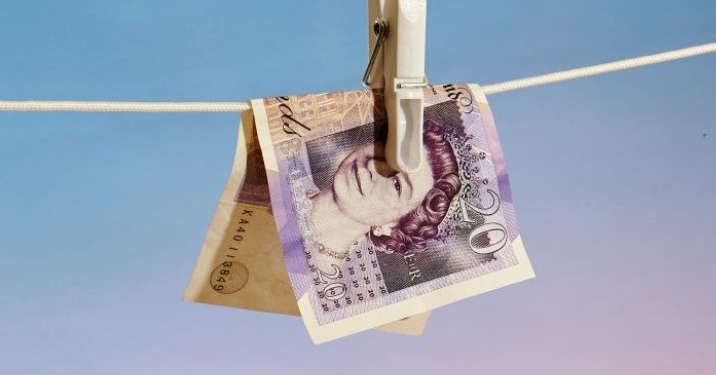Does money leave your account as fast as it arrives? You’re not alone. Seven out of ten Brits say they find it hard to make ends meet.
But it’s even more important to tuck money away for emergencies if you’re one paycheck away from missing rent. But how can you build a rainy day fund – let alone save for the future – when your income is low?
But it is even more important to save money for lifes little (or big) surprises. But how do you do that when you are barely covering your monthly expenses as it is?
Take pride in small victories
Some people avoid saving completely because they feel like it’ll never be enough. But anything is better than nothing, so treat every penny you put away as a victory. Focus on what you can save, rather than what you can’t. This will help you develop good habits and save over the long-term.
Be open to change
You may have to make some tough decisions to be able to save. To do this, you must believe in the importance of saving and be willing to change the way you live. Remember, saving money is essential to your security and wellbeing – it’s a kind of self-care.
Face the music
It’s painful to look at your bills and spending habits when money’s tight. But it’s also the first step to taking control of your finances. So don’t put it off! Set aside a few hours this week to create a budget.
Check if you’re overpaying
You may be paying too much on essentials like energy bills, insurance and internet. Try online comparison sites to see whether you could save money by switching to a new provider. Just make sure to read the full T&CS so you aren’t caught out by things like early cancellation fees or set-up charges.
It’s also worth checking you’re paying the correct amount of income tax. You can find out how much you’re being taxed by looking at your pay slip.
Make sacrifices
It sucks to give up things you want – but compare this to what would happen if you lost your job with no savings to protect you. If there’s nothing to cut except the basics, consider making a big change like moving to a cheaper home.
Commit to your budget
Consider limiting your spending by having an account specifically for spending. You can set aside your spending money at the start of the month and give yourself a weekly allowance to stop yourself from overspending. You should also try taking cash out instead of cards so you physically cannot overspend.
Hold yourself accountable
Be honest with yourself and take responsibility for your actions. Here are some ideas to help you:
Make it a rule to read through your bank statements, activate bank alerts, tell your friends and family about the changes you’re making and ask for their support, write down goals or rules and put them somewhere visible (like on your wall or mirror).
Make saving a reason for positive change
Remember what we said about being open to lifestyle changes? Why not use your savings goals as motivation to give up drinking, smoking, gambling or unhealthy takeaways – and vice versa!
Pay off high interest debt first
If you owe money – like on a credit card or a payday loan – you may be paying a high interest rate. This is like pouring money down the drain, so you may want to focus on paying off some or all of the debt first. This can free up money that you could put into savings instead.
Give yourself a jumpstart
Building an emergency fund can protect you from debt and disaster. You could try pulling one together faster by:
Stripping back your expenses to the bare essentials for a month, selling some of your stuff – on eBay or at a car boot sale. Getting a short-term, weekend/evening job – like dog walking, baby sitting or doing deliveries.
Save in the right place
Make sure you have the right kind of account for your savings – this can depend on things like how much you’re putting away each month and whether you need immediate access to the money. Whatever type of savings account or current account you pick, make sure it’s covered by the Financial Services Compensation Scheme – this is an independent fund set up by the government to help protect your money.


